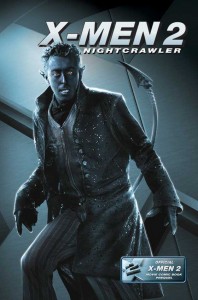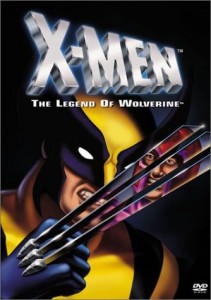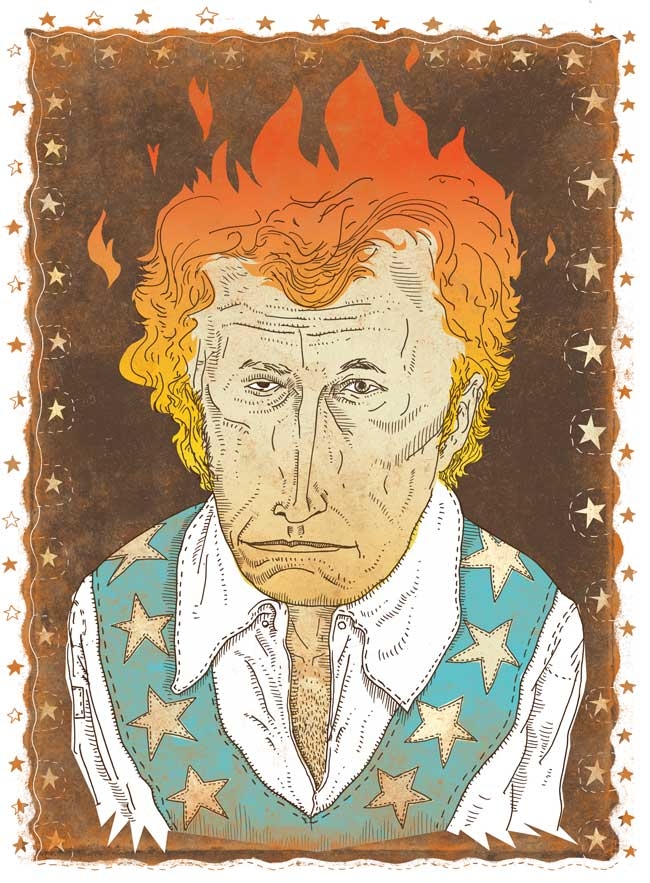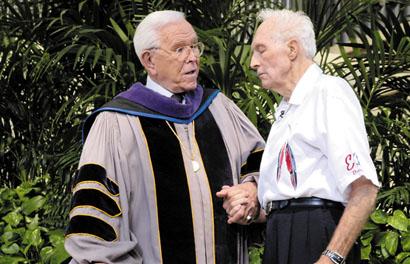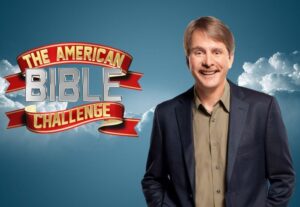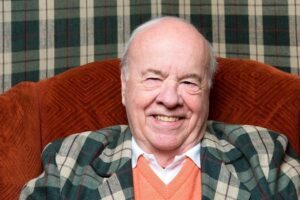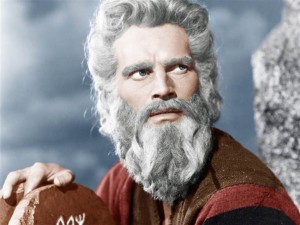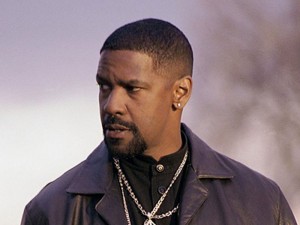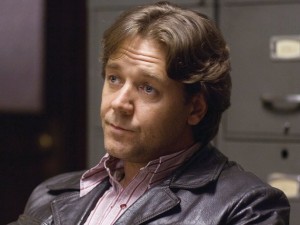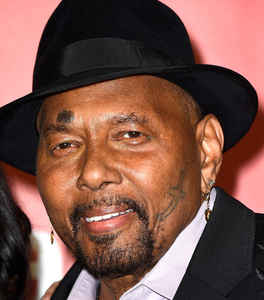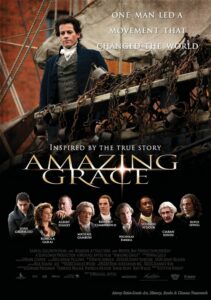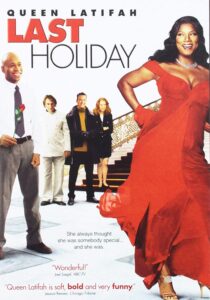By Steve Beard
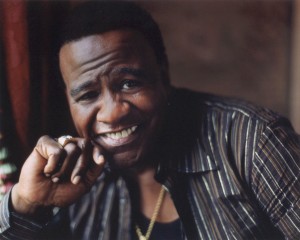 When British musician Elvis Costello was asked if he had ever had a religious experience, he responded, “No, but I have heard Al Green.” Not a bad compliment coming from Costello, a musical legend in his own right.
When British musician Elvis Costello was asked if he had ever had a religious experience, he responded, “No, but I have heard Al Green.” Not a bad compliment coming from Costello, a musical legend in his own right.
This year’s Grammy audience was reminded of Green’s magical voice during his collaboration with Justin Timberlake on his mega-hit “Let’s Stay Together.” His captivating performance was a last minute addition when another act had to be pulled from the schedule. As a matter of fact, Green was in the shower when he got the call. “We had two hours and 40 minutes to rehearse, change clothes, go out and do it,” Green testifies. “I thrive on that kind of energy.”
Al Green rose to international fame with timeless hits such as “Let’s Stay Together,” “Call Me,” “Take Me to the River,” “I’m Still in Love with You,” “Tired of Being Alone,” and “Love and Happiness.” In the early 1970s, he sold more than 20 million albums. He was the Prince of Love, the man with the trademark smile that made women swoon in near-riotous concerts as he tossed long stem red roses to adoring fans. A few years ago, Rolling Stone declared that Green is “the greatest popular singer of all time,” describing his songs as “unsurpassed in their subtlety, grace, intimacy, and invention.”
His silky smooth voice was coupled with stage charisma, sex appeal, and undeniable charm. He was the consummate ladies’ man. His voice was a liquid calling card, wooing the listener into a sensuous and lush boudoir of his own creation.
In the summer of 1973, he had an experience that would forever change his life. He had flown from San Francisco to Anaheim, California, for his next show. Shortly after four in the morning, he was awakened by the sounds of shouting. “I sat bolt upright in bed, frightened that some crazy fan had broken into the room,” he writes in his autobiography, Take Me To The River. Green then realized that the commotion he was hearing was coming from his own mouth. “And while the words I shouted were of no earthly tongue, I immediately recognized what they meant. I was praising God…and lifting my voice to heaven with the language of angels to proclaim his majesty on high.”
He laughed. He cried. He knocked on doors of the hotel, telling complete strangers what had happened to him. One woman slammed the door in his face. Someone eventually called security.
Saint Paul was converted on the Road to Damascus; Al Green was made righteous off Interstate 5 near Disneyland.
Green had been singing about love and happiness, but there was a war going on inside—a battle for the substance of his soul. He eventually abandoned his mainstream singing career and began pastoring Full Gospel Tabernacle in Memphis, Tennessee.
For eight years, he sang only gospel until he sensed God give him the green light to sing his old songs. Today, the soul man still puts on the pizzazz in mainstream venues. Resplendent in his white suit and Ray Ban sunglasses, and loaded with long stem roses like a florist, he still has the magic to commandeer the human heart, making it pulse in romance or worship—our very own funky St. Valentine.
“Now I am comfortable mixing everything up, and my audience has responded favorably,” he told the Los Angeles Times several years ago. “When I finished a short prayer at this gig…, people stood up and cheered. That told me that I could give audiences a little bit of the Reverend and they’d likely rejoice.” He sings “Amazing Grace” in casino showrooms in Las Vegas and Lake Tahoe, knowing that many of his admirers hunger for redemption just as he once had.
Full Gospel Tabernacle’s unassuming geodesic sanctuary is tucked in on the side of a quiet residential road, a few miles south of Graceland, off Elvis Presley Boulevard. It has played host to a myriad of music fans who make it a part of their Memphis pilgrimage. They stick out like sore thumbs, showing up promptly at 11 a.m. for a service that will not start for another half-hour. One Sunday while I was visiting, they appeared from Ireland, Arkansas, Nebraska, Minnesota, North Carolina, and England.
The visitors are greeted warmly. After all these years, the congregation has become very familiar with the novelty factor involved with having a musical icon behind the pulpit. Nevertheless, they are here to get down with God, not impress the guests (for example, there are none of Green’s Greatest Hits collections sold in the church lobby). The choir marches in and the B-3 Hammond organ starts to crank up the funk, while the electric guitar starts to wail.
Reverend Al walks around the sanctuary fiddling with his lapel microphone, gently patting visitors on the shoulder as he glides to the back of the sanctuary to adjust his own sound at the mixing board.
Back at the pulpit, Reverend Al is feeling the “unction of the Holy Ghost,” as he calls it. He starts to bob and weave like a boxer as he delivers his sermon on faith. “Hold on, God is coming!” he shouts. “Help is on the way,” he purrs. When he calls for the assembly to give a wave offering by lifting our arms, you can see the nervousness rise in the visitors. Awkwardly, we wave our arms in the air. Who is going to refuse Reverend Al? “Thank you, Jesus! Thank you, Jesus! Stop looking at Al Green,” he says. “Al Green himself came to worship God. He’s been soooo good to me,” he starts to sing as the musicians crank up the volume.
When he starts singing “One Day at a Time, Sweet Jesus,” you know you have been to church. “You are not here by accident,” he says. “I am the same person you heard sing all those songs, but I am not the same person,” he testifies. “I couldn’t preach for 25 years if something didn’t happen to me.” Speaking to the visitors with a winsome grin, he says, “Come and see Al, but Al doesn’t hold the key to your salvation. I can sing ‘Love and Happiness’ four times and I still will not hold your salvation.”
The Reverend closes out the 11 o’clock service at 1:25 p.m. with a soul-felt version of “Gonna Sit Down on the Banks of the River” by blues legend Reverend Gary Davis. He leaves us at the banks, and the decision is ours. Shall we jump in or walk away? You can tell what Green has done. You can see it in his eyes, in his smile, in the intonations of his honey-like voice.
Otis Redding died in a plane crash at 26, Sam Cooke was shot at 33, Jackie Wilson’s career was over at 41, and Marvin Gaye was killed by his father at 44. Al Green is alive—and he is grateful. Somebody shout, Amen!
It is one thing to sing about love and happiness; it is an entirely different enterprise to experience it. As he grabs hold of the pulpit, festooned in his preaching robe, you can see it on his face. He arrived at the river’s edge and took a dive into faith. He looks up at us with a grin and seems to say, “Hop in. The water’s fine.”
Steve Beard is the creator and editor of Thunderstruck.org.

